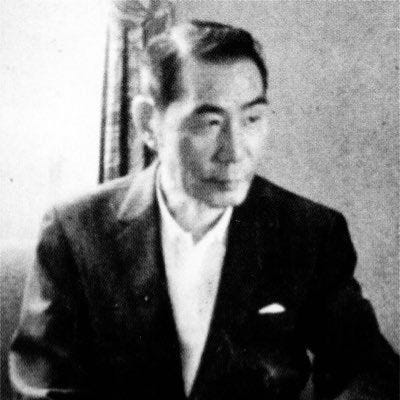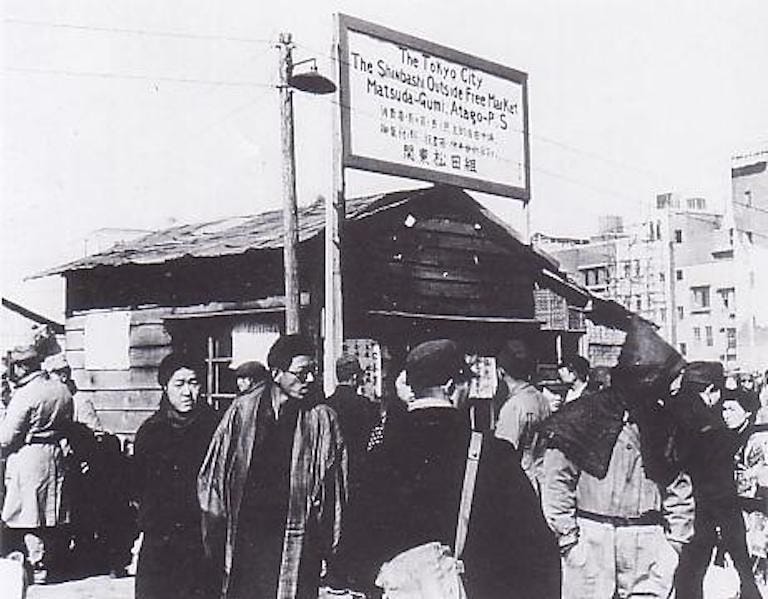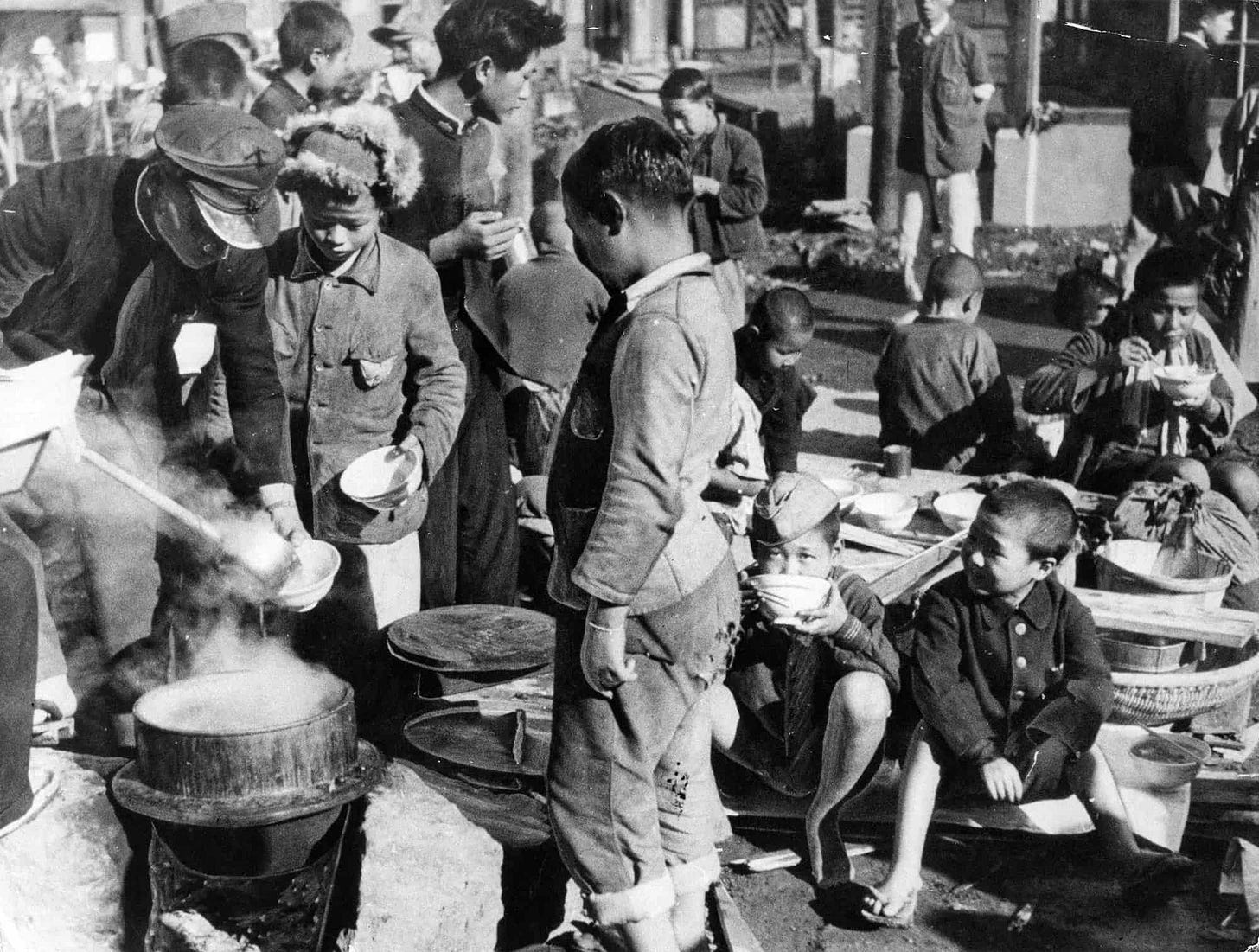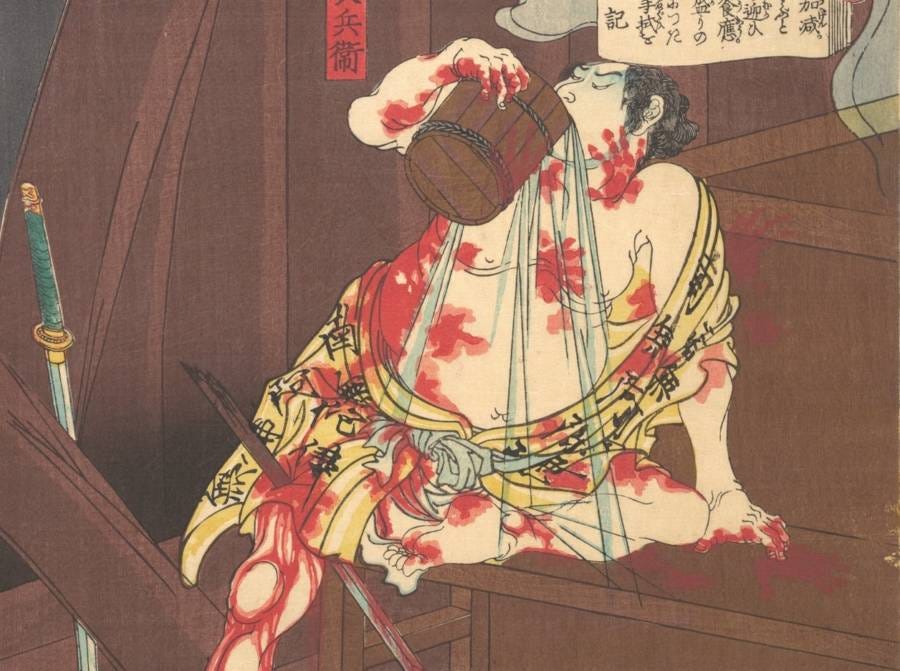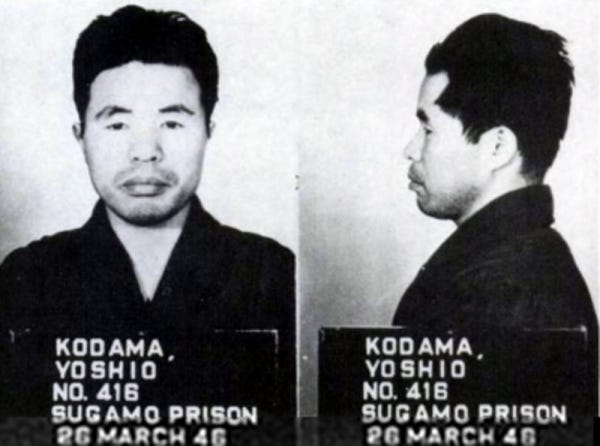The end of World War II marked a seismic shift in Japan’s political, social, and economic landscape. Amid the chaos of rebuilding a devastated nation, one group, in particular, saw an opportunity to assert its influence and reshape its role in society—the Yakuza. The post-war era, with its mix of desperation and opportunity, became fertile ground for Japan’s organized crime syndicates to strengthen their hold on the country.
Over time, they became not only a powerful underground force but also an often unspoken yet significant player in shaping modern Japan.
In the immediate aftermath of Japan’s surrender in 1945, the country was in disarray. The collapse of the wartime government created a vacuum of authority, and American occupation forces struggled to restore order. Food shortages, unemployment, and societal upheaval were rampant, leaving the Japanese populace in a state of survival mode.
The Yakuza—already an established, though marginalized, presence in Japan—saw this as an opportunity. Organized crime syndicates quickly filled the void left by a weakened government, providing black-market goods and services in exchange for loyalty and power. Groups like the Yamaguchi-gumi, led by the infamous Kazuo Taoka, grew exponentially as they leveraged their access to resources to gain control of entire industries and regions.
The American occupation of Japan between 1945 and 1952 had a paradoxical impact on the Yakuza. On one hand, American officials sought to dismantle militaristic and ultranationalist elements within Japanese society, yet on the other, they unintentionally bolstered the Yakuza by relying on them to help maintain order. The Yakuza's influence even extended into American-run black markets, where they profited from illegal trades in everything from food to narcotics.
American officials, desperate to stabilize Japan, often turned a blind eye to the Yakuza’s activities. In some cases, they even cooperated with Yakuza-linked groups to suppress leftist movements and maintain control over Japan’s political future. This gave the Yakuza room to expand their reach, not just in crime but in politics and business as well.
A key figure in this complex post-war dynamic was Yoshio Kodama (my Substack article on him), a right-wing ultranationalist with deep connections to both the Yakuza and Japan’s burgeoning political elite. Kodama epitomized the merging of crime, politics, and business in post-war Japan. He had been a wartime spy and brokered deals between the Japanese government and organized crime groups. After the war, Kodama became a power broker, aligning himself with Japan’s ruling Liberal Democratic Party (LDP) and using his connections to the Yakuza to channel money into the political arena.
Kodama’s role in the infamous Lockheed bribery scandal of the 1970s, where he allegedly funneled millions in bribes from Lockheed Corporation to Japanese politicians, symbolized the deep-rooted connection between organized crime and political power. Ryoichi Sasakawa, another ultranationalist with yakuza ties, further reinforced this nexus of crime and politics.
![r/HistoryPorn - Former Japanese Prime Minister Kakuei Tanaka is apprehended by prosecutors for allededly receiving nearly $2 million in bribes from Lockheed Aircraft Corp in the Lockheed bribery scandal. July 1976. [1280 x 835] r/HistoryPorn - Former Japanese Prime Minister Kakuei Tanaka is apprehended by prosecutors for allededly receiving nearly $2 million in bribes from Lockheed Aircraft Corp in the Lockheed bribery scandal. July 1976. [1280 x 835]](https://substackcdn.com/image/fetch/$s_!7CfP!,w_1456,c_limit,f_auto,q_auto:good,fl_progressive:steep/https%3A%2F%2Fsubstack-post-media.s3.amazonaws.com%2Fpublic%2Fimages%2F798c16a9-926b-4554-935b-d008344f96de_640x417.jpeg)
The post-war boom years, which saw Japan rise from the ashes to become one of the world’s largest economies, were also a period of tremendous growth for the Yakuza. Under the leadership of Kazuo Taoka, the Yamaguchi-gumi became the largest and most powerful yakuza organization in Japan. Taoka's shrewd leadership and strategic alliances with both legitimate businesses and political figures allowed the Yamaguchi-gumi to dominate sectors like construction, real estate, and entertainment.
The Yakuza infiltrated industries that were central to Japan’s rapid industrialization. Through extortion, racketeering, and bribery, the Yakuza exerted control over construction companies and unions, ensuring their share of the massive profits from Japan’s post-war infrastructure projects. They became an integral part of the economy, blurring the lines between legitimate enterprise and organized crime.
The 1980s and 1990s saw the exposure of several political scandals in Japan that revealed the extent of Yakuza involvement in the highest echelons of power. One of the most notorious was the 1992 Sagawa Kyubin scandal, where it was uncovered that large sums of money from the Sagawa Express company, allegedly funneled through yakuza groups, had been given to senior politicians. This scandal shook the political establishment and highlighted the intricate web of connections between the Yakuza, business leaders, and politicians.
During these decades, the Yakuza’s involvement in Japan’s political scene became harder to conceal. Though officially denounced by the government, the Yakuza maintained relationships with politicians, sometimes acting as intermediaries or even enforcers for political deals.
Today, the Yakuza's influence in Japan is more restricted but far from eradicated. Laws passed in the 1990s, such as the Anti-Boryokudan (Yakuza) Act, sought to curtail their activities by making it illegal for businesses to deal with yakuza groups. In response, many yakuza syndicates have become more sophisticated, moving their operations underground or disguising them as legitimate enterprises.
Yet, the legacy of the Yakuza’s post-war rise continues to echo through modern Japan. Their deep-rooted connections to politics and business, forged in the tumultuous post-war era, have made them a resilient force, even in an era of increased legal scrutiny. While the Yakuza may no longer operate as openly as they once did, their shadowy influence on Japan’s political and economic spheres remains a subject of fascination and unease.
The Yakuza’s rise in post-war Japan is a story of opportunity seized in a time of national crisis. Their ability to integrate into the political, economic, and social fabric of the country helped them thrive as one of the most powerful organized crime syndicates in the world. The lines between crime, politics, and power were blurred, and the Yakuza's legacy in shaping modern Japan is undeniable.
As Japan continues to grapple with organized crime, the story of the Yakuza in post-war Japan serves as a potent reminder of how crime can intertwine with politics, reshaping a nation’s trajectory. It also raises ongoing questions about the nature of power and influence in Japan's modern political landscape, and whether the Yakuza’s reach has truly been curtailed, or simply adapted to a new era.
Rionne McAvoy is the director of the award-winning documentary The One's Left Behind: The Plight of Single Mothers in Japan, showcasing his dedication to addressing pressing social issues. A committed documentary filmmaker and professional wrestler, he explores critical themes with passion and insight. Additionally, he has a keen interest in post-World War II Japan, particularly the intricate connections between politicians and gangsters during that era. Known in the wrestling ring as Rionne Fujiwara, he brings the same determination and storytelling prowess from his wrestling persona to his filmmaking endeavors.




